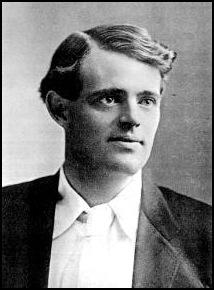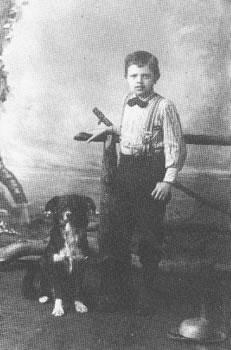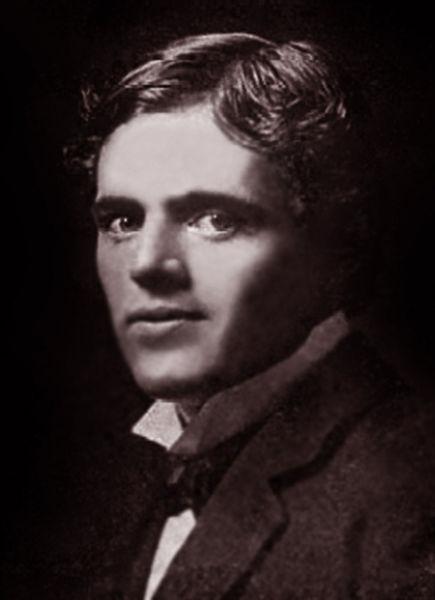Biography:
Jack London was born in San Francisco , California. London's family struggled with poverty. In his teens, Jack took a number of odd jobs in order to make ends meet. Despite his hard work, London found spare time to go to libraries to read and write; his two passions. At the age of seventeen, London published his first story for a local writing contest. Although he only had an eigth grade education, London won first prize over submissions with college level education.
London became even more passionate about writing after winning the contest. Despite his dedication, London didn't receive his breakthrough in writing until the age of 27, after the publishment of his novel The Call of the Wild. During the last 16 years of his life, London published over 50 novels. London was married briefly and had two daughters. He passed away in 1916 from kidney disease.
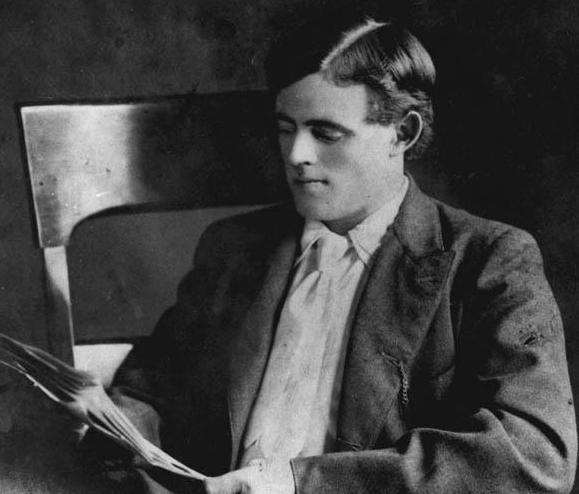
Jack London's The Call of the Wild:
The Call of the Wild was extremely significant for London's career. It was when this novel was published in which he made a turning point towards becoming a successful author. This story held much meaning for London before being published, as well. London spent a year of his life in the Yukon in which he recevied inspiration to write The Call of the Wild as well as many other stories. This story is about a domesticated dog that finds a higher purpose in life; to become a sled dog in the Yukon. The novel goes into detail of all the struggle this animal goes through before finally achieving its goal. This could also be symbolic of London's life. Jack found his purpose in being a writer after going through his own struggles to be successful.
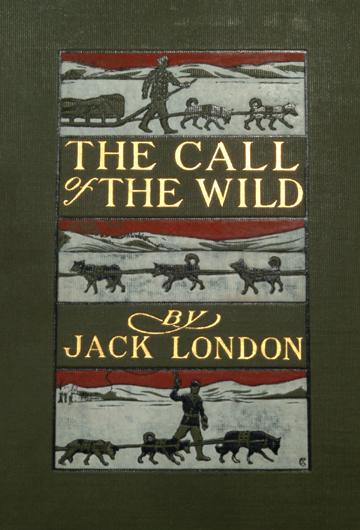
The Call of the Wild is considered a part of the animal fiction genre in which the animal is given human characteristics. The main theme in the novel is pastoralism, which is when the fabled hero returns to nature. This is a theme can be found in many works of American literature. Another theme in this story is "Nature vs. Nurture". London's novel contains elements of fantasy, myth, fable and parable. London didn't write The Call of the Wild in a conventional form. Instead, London has the story broken up into four divisions. In each of these parts, Buck, the dog, goes through a specific experience. Symbolism, imagery and allegories are all important elements to this story as well.


